|
Tom Johnston of The Doobie Brothers talking about that time in Moscow when he traded a guitar pick for a policeman's badge.
Part 2 of Cris Cohen's interview with Michael McDermott of Joan Jett & The Blackhearts. They discuss:
- As a drummer, finding your place in a song - Charlie Watts vs. Ringo Starr - Surviving and thriving in an environment as unstable as the music industry - And more Huey Lewis / Huey Lewis & The News (clients): The connection between singers and drummers is super important. It's the pocket. It's time. If you're playing and the time is really good, it widens the pocket. And if it widens the pocket, it makes singing the song effortless. It makes pitch easier to find. It makes everything easier because the rhythm is so solid. It carries you with it. Drummers and singers really feed off each other a lot in the best bands. So I've always connected with the drummer.
Kim Wilson of clients The Fabulous Thunderbirds: During recording sessions, I might just start us all off, and the other guys don't know what I am going to be singing. That way, if I am doing a cover, it won't sound so much like the original. That is how I kind of fool a little bit. I am not really catching them off guard, but they are going to come in with whatever they come in with. And it is going to be great. It is always going to be great. But it is not going to be like the original. It is a way to keep musicians from overthinking what they are going to do. If you are thinking, you ain't doing it. It is all instinct. And that is what keeps it fresh.
Cris Cohen: With the “Three Fates Project” and other such stuff, spending a lot of time working with Keith Emerson, how did he, a keyboardist extraordinaire, influence you as a guitarist?
Marc Bonilla: All through my early formative years. I still have my vinyl of Emerson, Lake and Palmer’s “Tarkus,” “Trilogy,” and “Brain Salad Surgery” with the binder paper that I had in high school with everything written out. I copped all of his keyboard parts. I would play them because they were just beautiful. I could play all of those records. I couldn't even begin to tell you how much he influenced me. And he was a keyboard player, but he got me into classical music, which was a number of the people that he opened (me up to). You know, “Who's Mussorgsky? ‘Pictures at a what?’ ‘Fanfare for the Common who’?” And then I would go back and I would listen to the originals and go, “Wow! This is great!” He opened so many players up to the classical world, either opened the door from the rock into classical or from classical into rock. In Munich during the “Three Fates,” so many of the players were coming up to him and going, “If it wasn't for you, I wouldn't be here in the orchestra.” And he was floored. He wasn't expecting it. So my thing with him was to try to pay that back a little bit. He'd never really been in a four-piece band. He was always shouldering the load, you know, in Emerson Lake & Palmer. But now he had a guitar player. We could do stuff together. And his favorite thing was to comp, let me go out there and do stuff and comp and play chords behind it. He could relax a little bit. Then he would come back out and do his thing. Cris Cohen: You could certainly argue that... And forgive me; it's always hard to categorize bands for me, but...
Joseph Terrell of Mipso: Go for it. Cris Cohen: The bluegrass, Americana, folk mesh that you are, you can argue that that's also another example of, "Okay, we're going to be this" and not just automatically go towards something more pop or more rock or more trendy. Joseph Terrell: And that's true. I like limitations. But that's a good point. We're doing something deliberately, no matter what, choosing... Even just choosing what instruments we play. We're certainly aware that by having a mandolin and a fiddle in the band, an upright bass, an acoustic guitar… all of those things kind of carve out comparisons to us. But I think it's comforting to lean back on what the songs are. I grew up with uncles that played banjo and dobro. My grandma plays guitar and she started me out on a lot of music. So, I don't think it feels like a stretch for me to be around those instruments. It feels like a natural place to let something happen. And when we're making songs, we're never saying, "What would fit on a fiddle? We better make sure we make something that fits on a fiddle." We say, "What do we want to make? Okay, cool. Well, how do we fit a fiddle into it?" So maybe that's a subtle difference, but it's a freeing way of making music rather than a limiting one, at least the way that I think about it. The comment below was in response to a post by clients Huey Lewis & The News. And the person right. It is genuine. Posts on my clients' properties are their own thoughts, insights, and experiences. I don't put words into anyone's mouth. But I do make it much easier for them to be consistent and prolific. And I make the content publishing experience way less painful.
Very cool to get a shout out from John Thomas Griffith during the Cowboy Mouth concert the other night.
|
Archives
June 2024
|
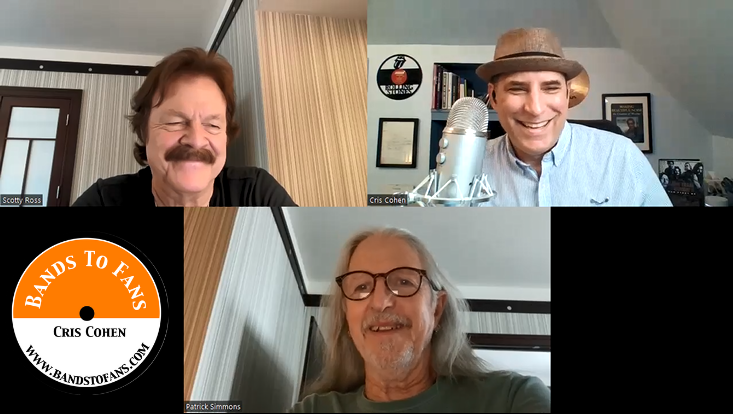
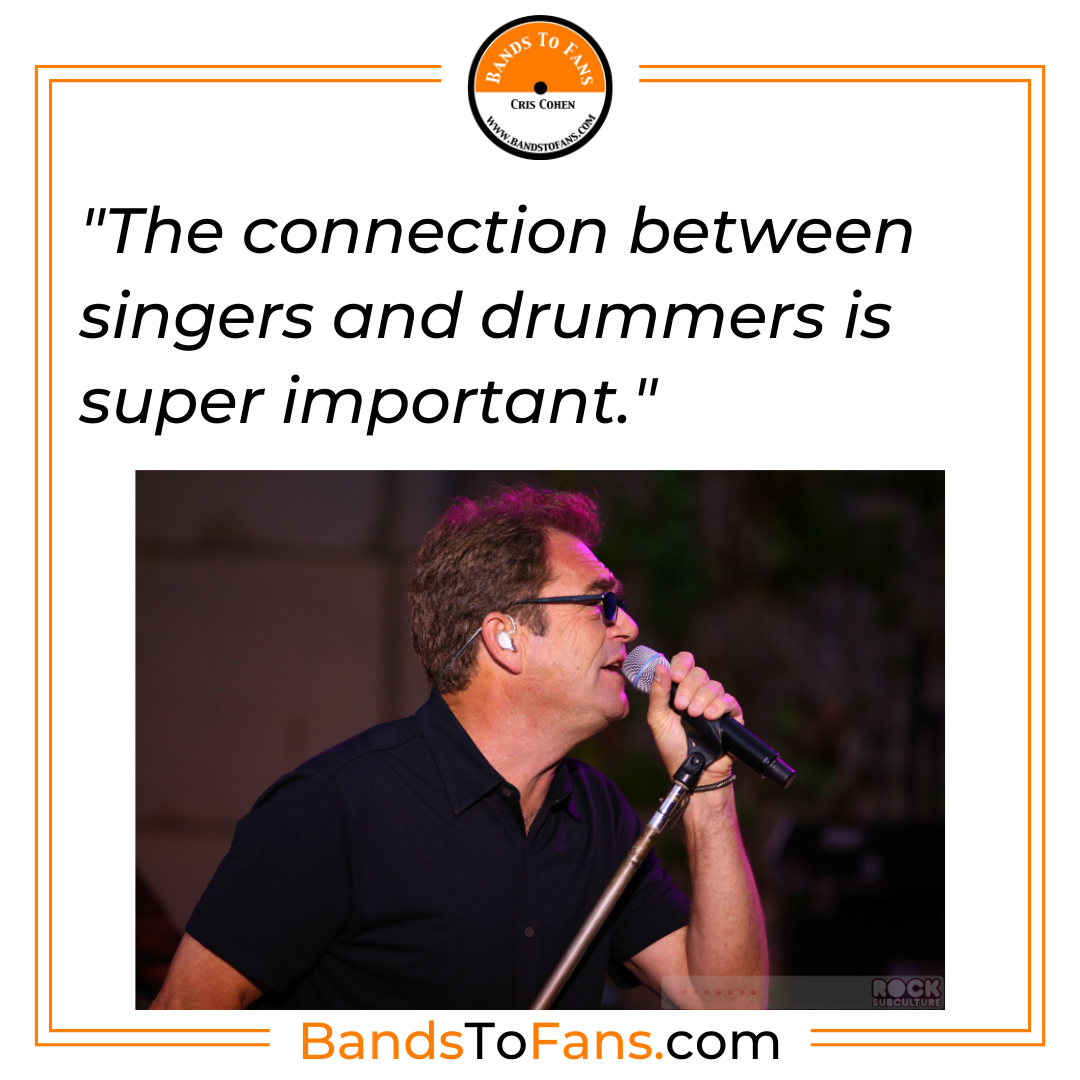
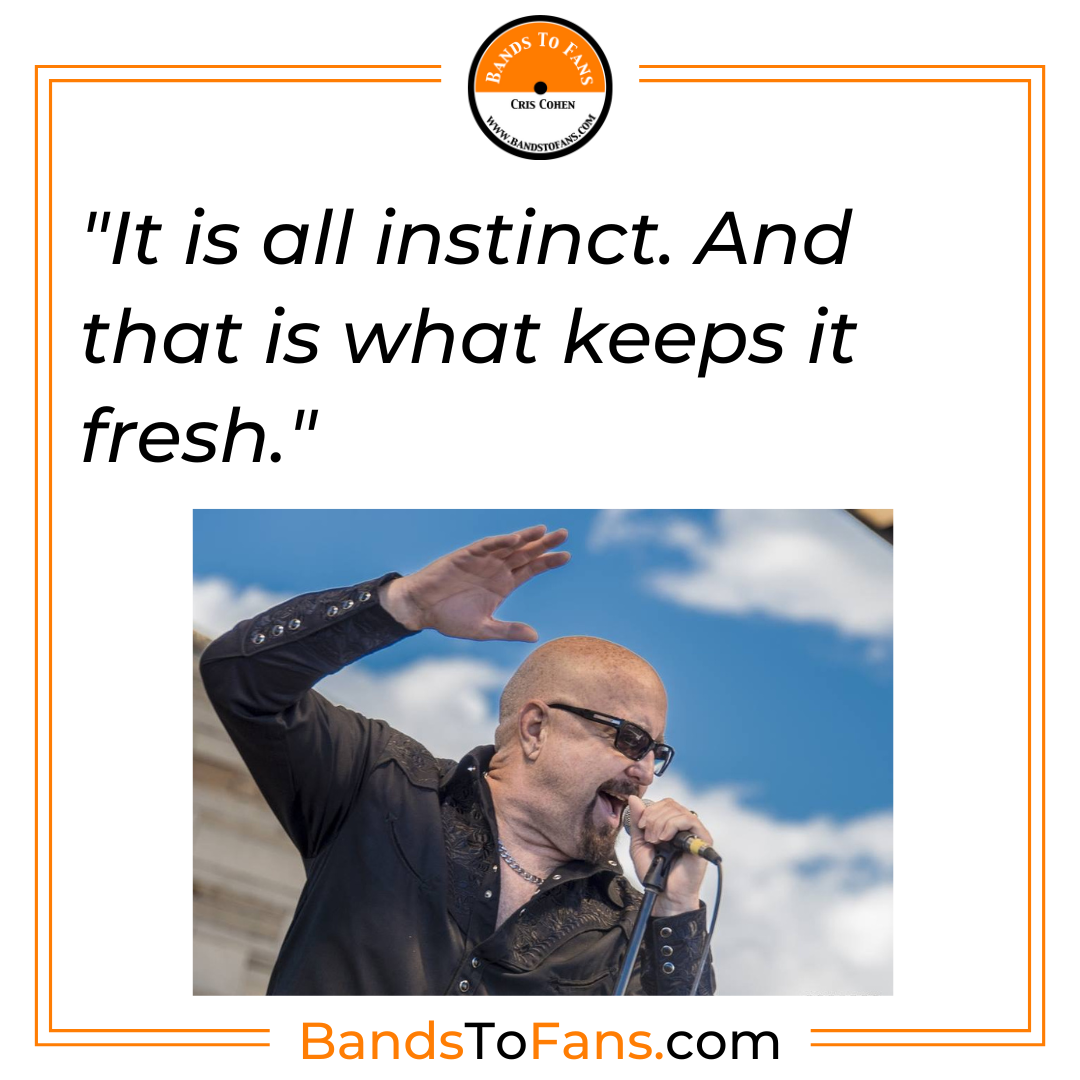
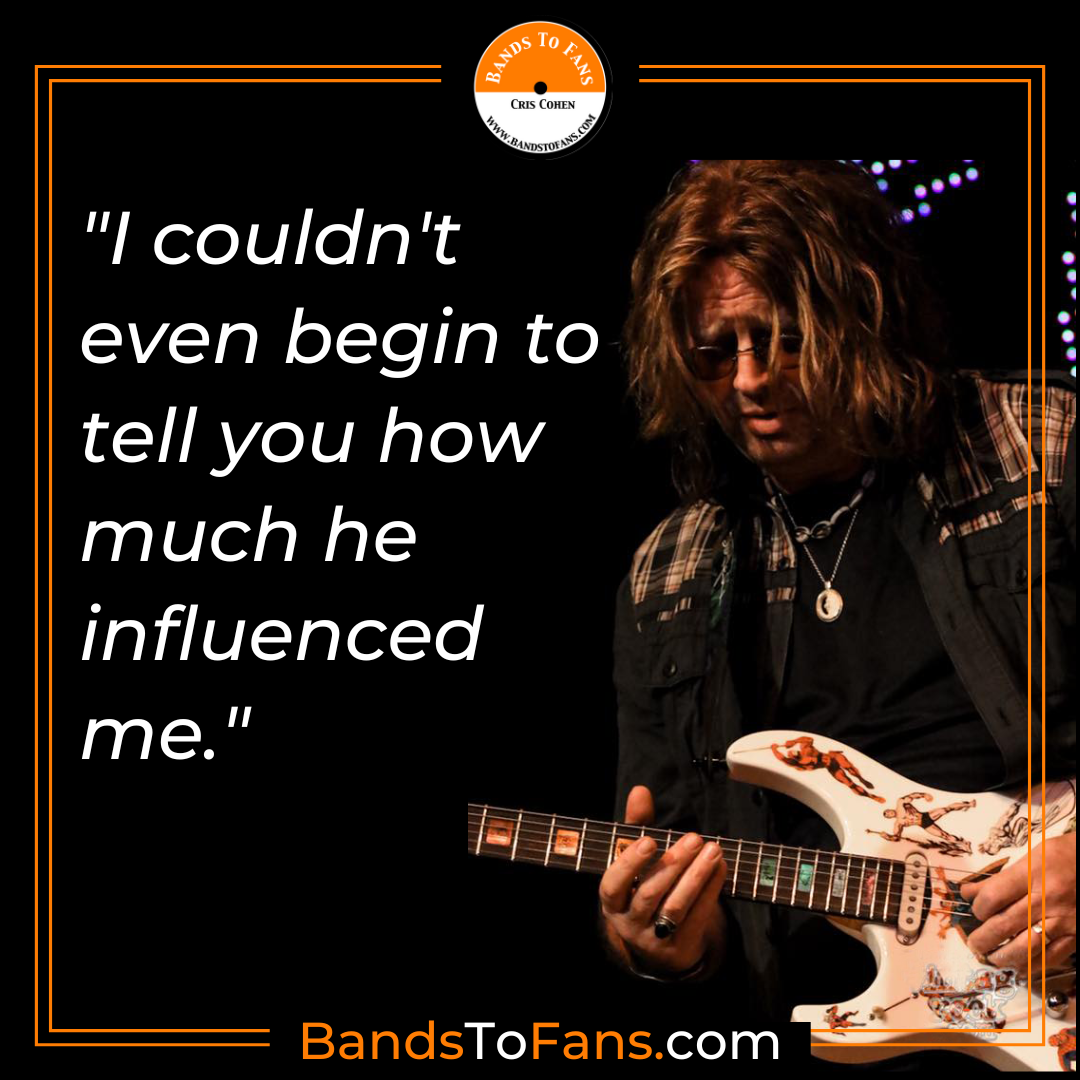
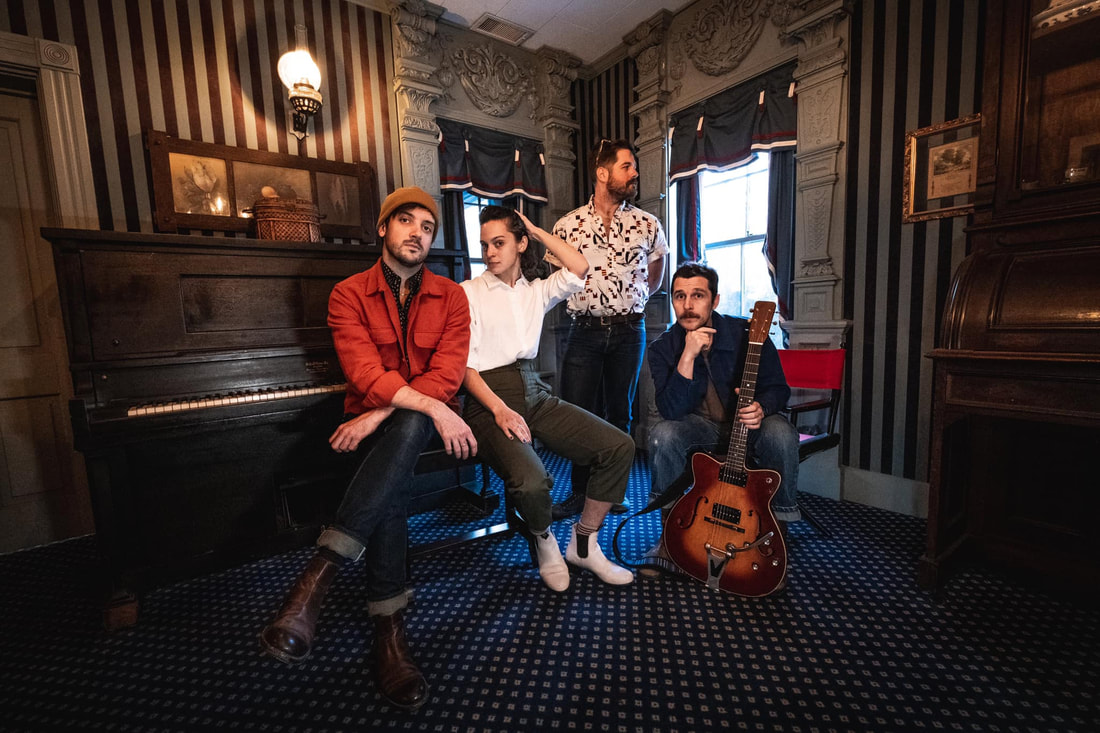
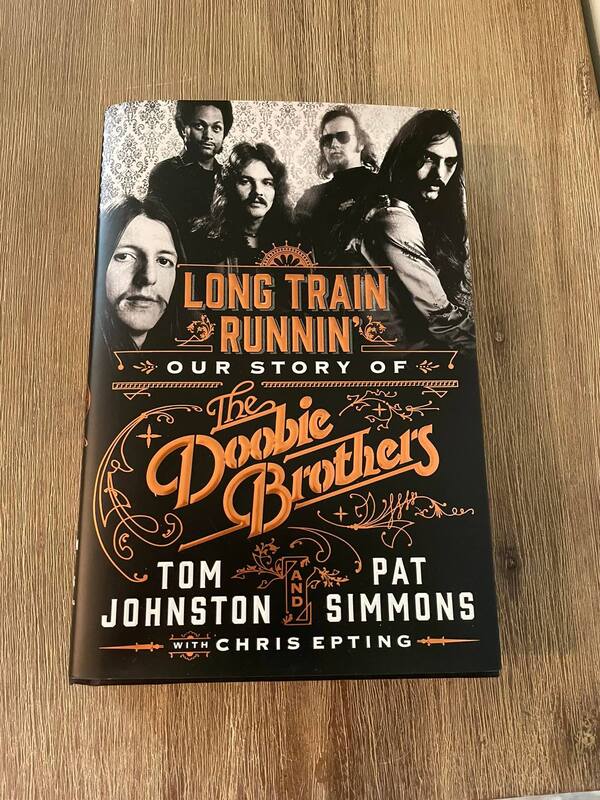

 RSS Feed
RSS Feed